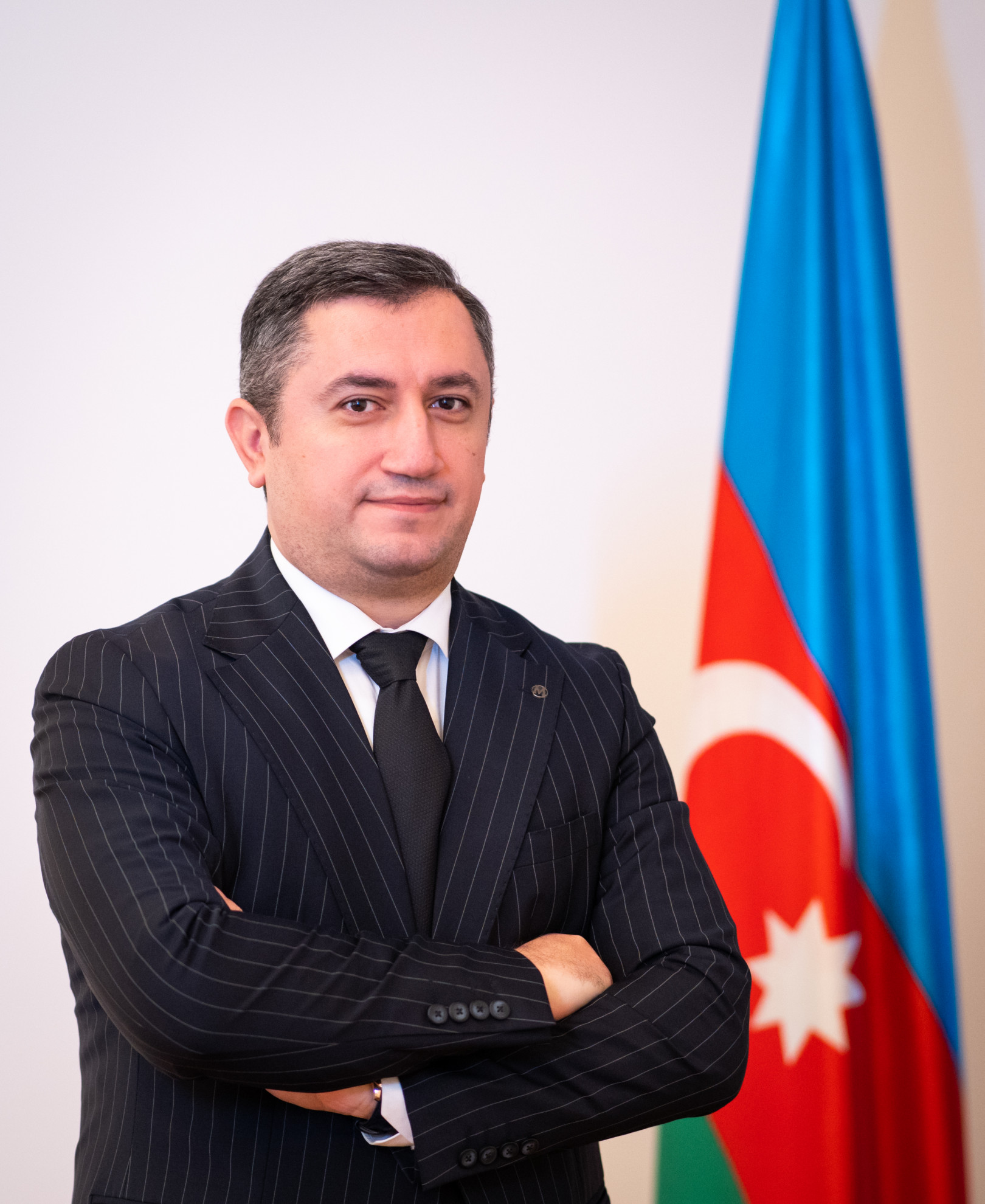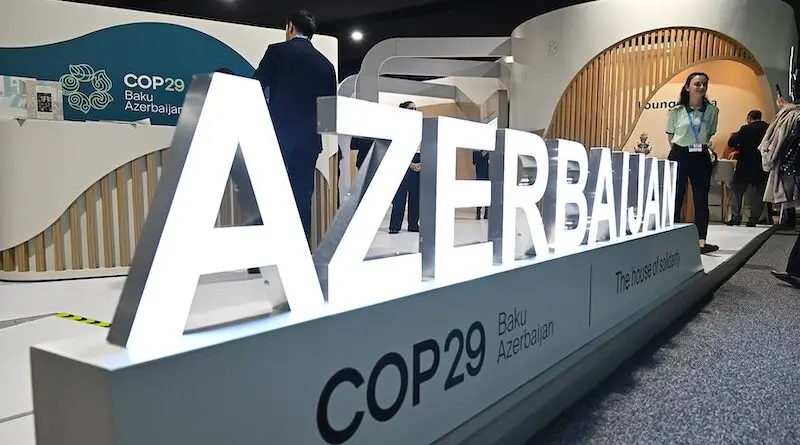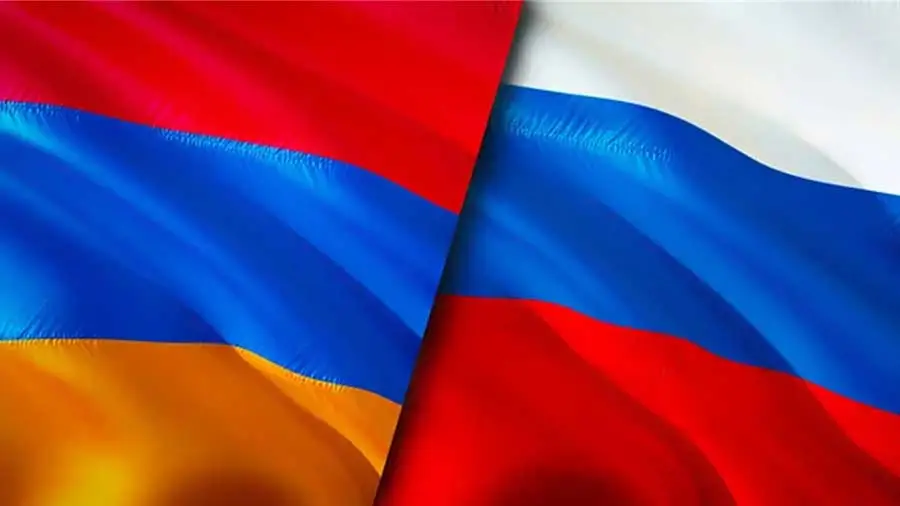As reported by media outlets, a joint EU-Armenia-US meeting is planned to be held between the Armenian Prime Minister, the US Secretary of State, and the European Commission President on April 5 in Brussels, with the plans of signing a document on security guarantees for Armenia. In such a case, an interesting question arises, whether the military pact expected to be signed with Armenia could ensure the security of this country or contribute to establishing lasting peace and sustainable cooperation in the South Caucasus. Given the ongoing developments in the region and the post-Soviet space, it can be unequivocally noted that the upcoming security talks with Armenia in Brussels or the signing of any military pact will not bring peace to the region. On the contrary, the possible outcomes of the Brussels meeting will inflict a heavy blow on the ongoing fragile peace process between Azerbaijan and Armenia and may turn the region into a new conflict hotbed for major powers.
Armenia’s territorial claims against Azerbaijan
Azerbaijan and Armenia have not yet signed a peace treaty, and numerous important issues remain unresolved. Armenia keeps making territorial claims (Armenia’s domestic legislation still contains territorial claims against Azerbaijan) against Azerbaijan, and a significant part of Armenian society still embraces revanchist sentiments. Overlooking these points, the West’s intending to unilaterally provide Armenia with a security guarantee can encourage the country, which has been pursuing an aggressive policy against Azerbaijan for many years, to re-implement its invasion plans. Meanwhile, it is worth emphasizing that the recent biased and double-standard stance by some leading Western countries and EU officials against Azerbaijan is considered to be another dangerous point that aggravates the situation in the region. Some leading Western countries have been recently conducting a campaign to smear and pressure Baku as they cannot accept Azerbaijan’s liberation of its internationally recognized territories and restoration of its territorial integrity, as well as its brilliant Victory over the aggressor.
France and some Western countries keep arming Armenia
France and some Western countries continue supplying arms to Armenia. Against the backdrop of all this, the intention of the West and Armenia to create a new military-security union poses a major threat to peace in the region and is directed against Azerbaijan.
There is a need to pay close attention to the goals of the EU, the US and Armenia in reaching a new deal in Brussels. Armenia will undoubtedly use any security guarantee it will receive from the West as a whole against Azerbaijan. It is also worth noting that for many years, Armenia has used its allied relations with Russia to implement its aggressive plans against Azerbaijan. It seems that although Armenia wants to replace its old patron with a new one, it is not going to abandon its dirty plans against Azerbaijan and the region.
Washington and Brussels use Yerevan as a tool to pursue their goals in the S. Caucasus
The US and the EU are most likely to use a security pact set to be signed with Armenia to realize their goals in the region. The collective West currently sees Armenia as the main tool to reduce Russia’s influence in the South Caucasus, and for this purpose, fully supports Yerevan’s policy of moving away from Moscow. What is happening between the West, Russia and Armenia concludes that amid the ongoing war in Ukraine, the West is striving to open another front against Russia in the South Caucasus through Armenia. However, Azerbaijan’s determined position is that the South Caucasus should not turn into a conflict hotbed between major powers, and the ongoing Baku-Yerevan peace process should be kept away from these geopolitical competitive tendencies. On the whole, the transformation of the South Caucasus into a new conflict hotbed amid the ongoing conflict in Ukraine will pose a major threat to regional countries.
The upcoming Brussels meeting will undermine regional security
Given the biased and one-sided stance by the West, as well as Yerevan’s destructive policy, it can be assumed that the upcoming EU-US-Armenia meeting in Brussels will not contribute to lasting peace and integration processes in the South Caucasus and will undermine the security environment of the region. Finally, it should be understood once and for all that lasting peace and security in the South Caucasus can be established not on the interventions of external forces, but based on the common interests of regional states and the principles of justice.








